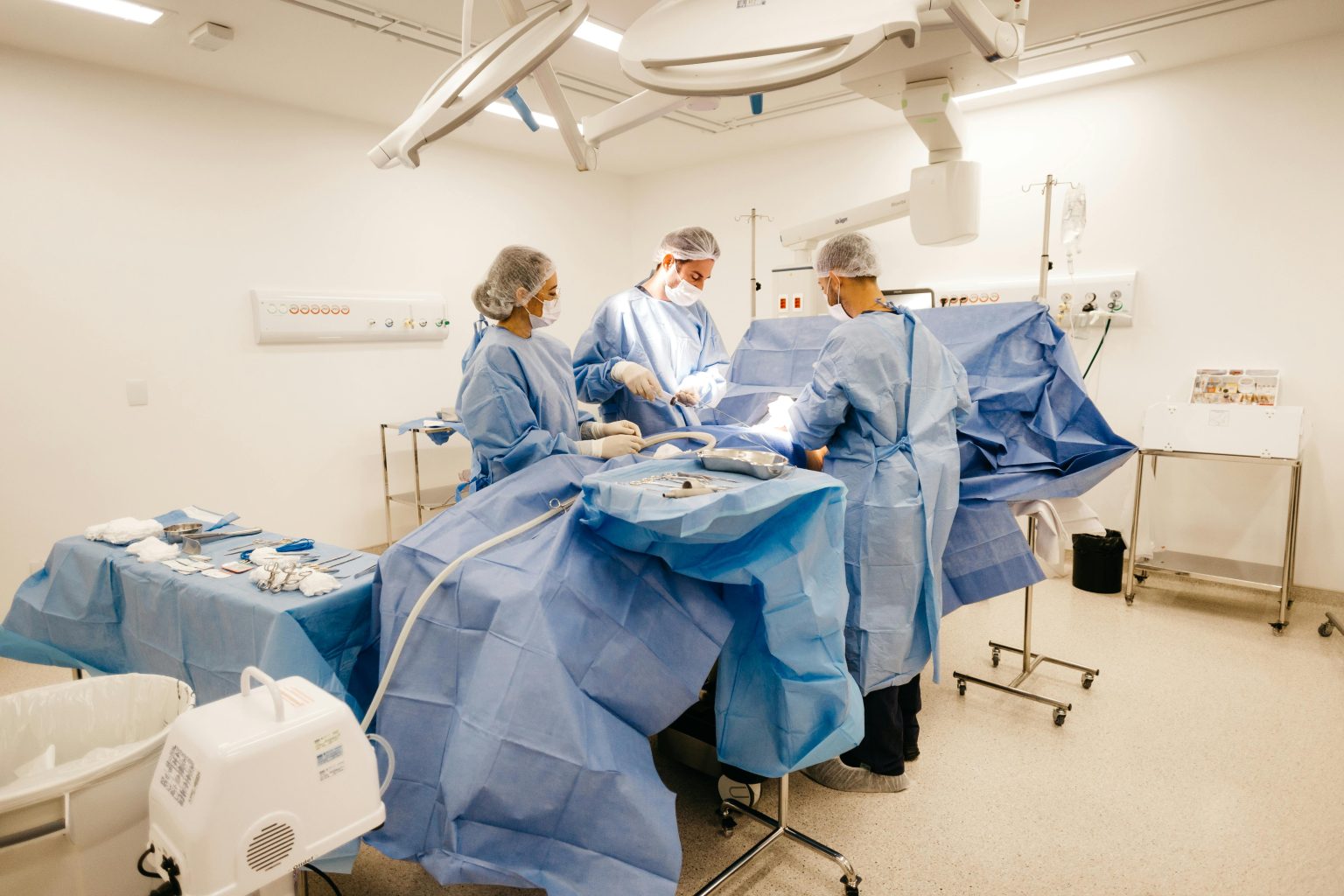Colorectal cancer surgery is a critical step in treating cancer of the colon or rectum, but its effects extend beyond the operating room. Recovery and lifestyle adjustments often require patience, planning, and support. Understanding how surgery can influence daily life helps patients set realistic expectations and take proactive steps toward a smoother transition back to normal activities.
Adjusting to Physical Changes
After colorectal cancer surgery, the body needs time to heal, and physical changes can be significant. Patients may experience fatigue, reduced energy, or temporary digestive changes, which can make everyday tasks feel challenging. Activities such as climbing stairs, lifting groceries, or even walking longer distances may require gradual adaptation.
It’s important to listen to your body and pace yourself. Short periods of activity interspersed with rest can help rebuild strength without overtaxing your system. In some cases, patients may also have a temporary ostomy or need to adjust to new bathroom routines, which requires patience and a willingness to learn new habits. Understanding these changes early can make them less daunting and help maintain a sense of independence.
Modifying Work and Social Life
Returning to work and social engagements after surgery is another area that can be impacted. Many patients find they need to modify schedules or reduce hours initially, especially in physically demanding jobs. Even office-based roles might require adjustments to allow for rest breaks or more frequent restroom access.
Social activities may also need to be adapted. Dining out, attending events, or traveling might require planning around dietary needs or comfort levels. Open communication with friends, family, and colleagues can reduce stress and help maintain connections without overexertion. These temporary adjustments are not a setback—they’re a way to ensure recovery continues smoothly.
Managing Diet and Nutrition
Colorectal cancer surgery can affect how your body handles food, so dietary adjustments often become a part of daily life. Many patients need to introduce smaller, more frequent meals, avoid certain high-fiber or greasy foods initially, and stay hydrated. Keeping a food journal can help identify triggers that cause discomfort or bloating.
Working with a nutritionist or healthcare provider can make this process easier and more effective. Proper nutrition is critical not only for healing but also for maintaining energy and supporting the immune system. Over time, many patients can return to a balanced diet, though some habits learned post-surgery may continue as long-term improvements for overall wellness.
Coping with Emotional and Mental Shifts
Surgery can also take a toll on mental and emotional health. Anxiety about recovery, fear of recurrence, or frustration with lifestyle limitations are common experiences. Patients may notice mood swings or feel overwhelmed by even simple daily tasks.
Support from family, friends, or counseling professionals can make a huge difference. Sharing experiences with others who have undergone colorectal cancer surgery, or joining online and in-person support groups, can provide perspective, encouragement, and practical advice for daily challenges. Recognizing that emotional recovery is as important as physical healing is a key step in regaining confidence and a sense of normalcy.
Rebuilding Physical Fitness and Activity
Returning to regular exercise and activity is a gradual but important part of life after colorectal cancer surgery. Gentle walking, stretching, and low-impact exercises often serve as a starting point. Over time, activity levels can increase safely under the guidance of a healthcare professional.
Exercise not only strengthens muscles but also supports digestive health, improves mood, and helps manage energy levels. Even modest, consistent physical activity can make a big difference in how quickly daily routines feel manageable and enjoyable again. Patience and consistency are critical—overdoing it too soon can set back recovery.
Finding Balance After Surgery
Colorectal cancer surgery is a major life event, but with planning, patience, and support, patients can successfully navigate its impact on daily activities. Adjusting to physical changes, modifying work and social life, managing nutrition, caring for emotional health, and gradually rebuilding physical fitness all contribute to a smoother recovery.
By approaching these adjustments proactively, patients can regain independence and quality of life while reducing stress and setbacks. Many reputable clinics and health care services offer guidance and resources for managing post-surgery life. Recognizing that each step—physical, emotional, or social—is part of the healing process helps patients move forward with confidence, restoring routines and enjoying life after surgery.

